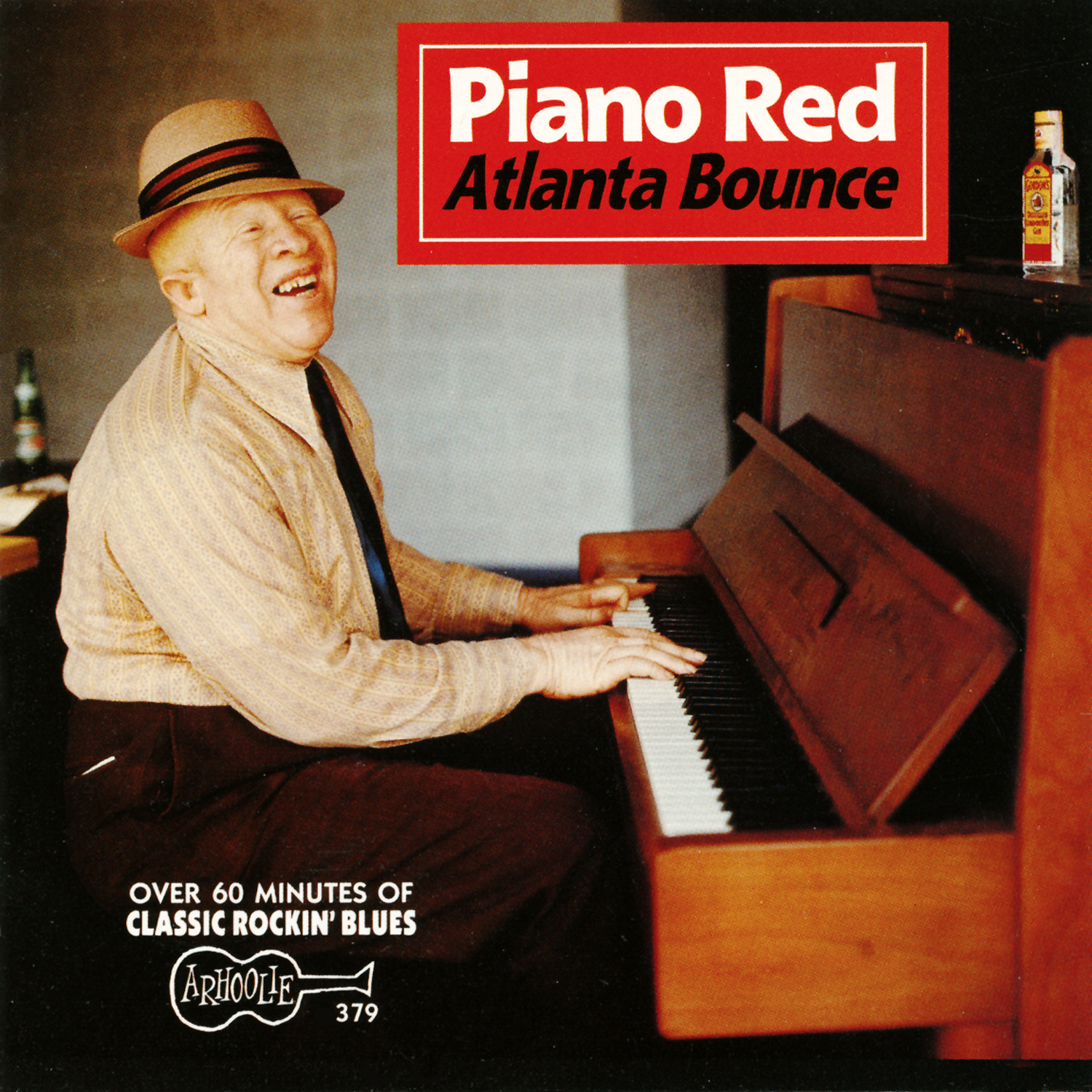

The number of Japanese participants kept growing.

To this day she is one of the world’s best piano players.Īfter Uchida’s success the juries of all subsequent competitions have included Japanese names, starting from Akiko Iguchi who was invited to sit on the jury of the 9th Chopin Competition in 1975. Uchida finally chose London as her domicile. After the competition, she explained to a Japanese critic who advised her to return to Japan that she wanted to stay in Europe to continue studying, developing and creating her own music. She went to Europe when she was 12 due to her father’s work as a diplomat. Mitsuko Uchida, who was second, was just 21 and studied music in Vienna where she had lived for quite some time. In the 8th Competition, Ikuko Endo, who ran for the second time, came away with the eight prize. This marked the beginning of the Japanese piano boom. But it was also the moment when YAMAHA and KAWAI made a lot of progress in the areas of piano production and music education. It was the time of high economic growth and international travel became much easier, at least for the Japanese. In those days, more and more Japanese would come to Warsaw to listen to the players directly. After her success in Warsaw, Nakamura became a national star, a “world-class Japanese”, and the competition started enjoying growing popularity in Japan.Īs it has already been mentioned, its 7th edition was the first to have a Japanese man on the jury. The Japanese media raved about the achievement of the pianist who had previously come to the public attention as a child prodigy. In 1965, one year after the Tokyo Olympics, Hiroko Nakamura was fourth during the 7th Chopin Competition. She also made an impression on the audience which was so strong that the Japanese who visited the competition in later years would often hear people say: “Tanaka was great.” The pianist herself reminisced that, even though the economic situation in Poland was bad, “the country seemed devoted to art, something I envied the Poles a lot.” The first Japanese to have won a regular prize was Kiyoko Tanaka who came in tenth place during the 5th Competition in 1955. Eventually Chieko Hara was given a special award. The commotion was so great that police had to be called.” At least that is how a Japanese journal described it.

So much so that when the results of the competition were announced and she came fifteen, “the audience protested vehemently, saying that the verdict was not fair. Of the two, Chieko Hara was especially acclaimed by the audience and critics. Both had contacts with Western culture from a very early age. The country was represented by Miwa Kai, who spent her childhood in the USA, and Chieko Hara, who studied in France from the age of 13. The Japanese first took part in the 3rd Chopin Competition of 1937. “With the advent of internationalisation the understanding of musical interpretation will become more common and the Japanese will have a lot of potential to express the essence of Chopin’s music.” The issue has been raised anew and discussed by the Japanese piano community for over half a century. “What is a truly Chopinesque interpretation?” continued Nagai. This is why they should have high expectations for the future. Nagai added that, even though the Japanese might have some difficulties picking up European customs, they had a perfect sense of what it meant to “cry with your heart and laugh with your face,” a quality that is so crucial for Chopin’s music. Taking place in 1970, it was the 8th edition of the event, the one when Mitsuko Uchida won the second prize. The tendency has been reinforced by the fact that Chopin’s music is played not only in Poland, but throughout the world,” said Susumu Nagai, the first Japanese to have sat on the competition’s jury, upon his return to Japan. “Over time the Chopin Competition has become increasingly international. The fact that, in their love for the composer, the Japanese are second only to the Poles, seems to be noticed even by the Poles themselves – writes Haruka KOSAKA. It is hard not to have a soft spot for something you love. There is no doubt that the Chopin Competition is specifically important for the Japanese.


 0 kommentar(er)
0 kommentar(er)
